Problem-Solving Skills Normal Science Worksheets for Ages 3-7
9 filtered results
-
From - To
Our "Problem-Solving Skills Normal Science Worksheets" for ages 3-7 are meticulously designed to cultivate critical thinking and analytical skills in young learners. These educational resources blend fun and engaging activities with fundamental scientific concepts, encouraging curiosity and creativity. Each worksheet offers a range of interactive tasks tailored to the developmental stage of early learners, promoting hands-on problem-solving experiences. Perfect for classroom integration or at-home fun, our worksheets are a fantastic tool to ignite a passion for science while building essential cognitive skills. Empower your child's learning journey with activities that inspire scientific exploration and discovery.
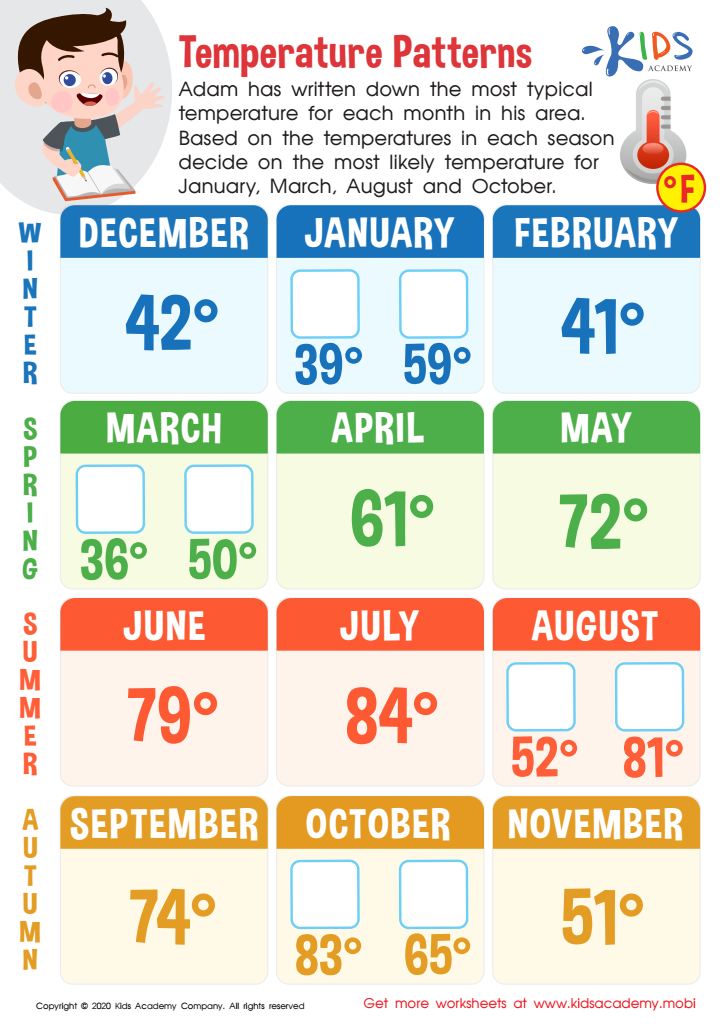

Temperature Patterns Worksheet
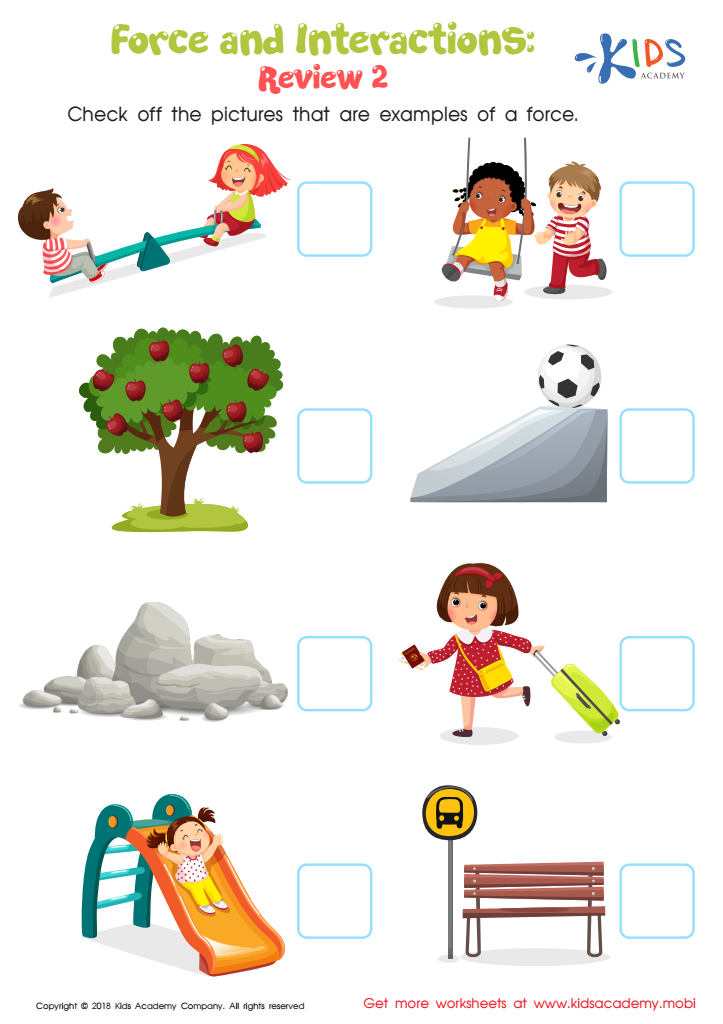

Force and Interactions: Review 2 Worksheet
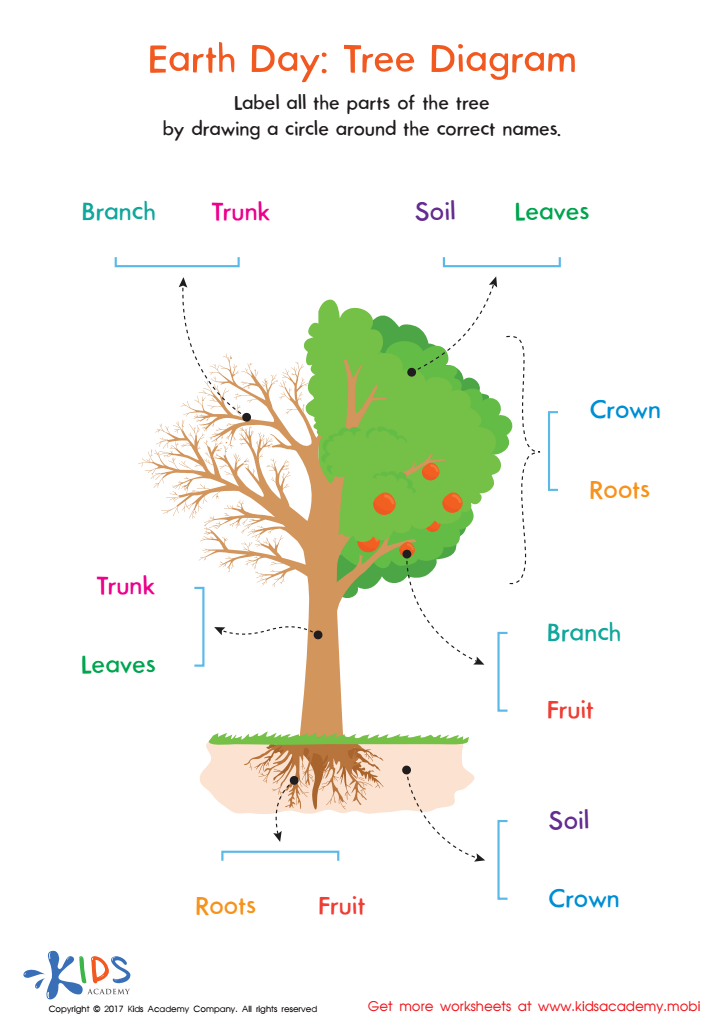

Earth Day: Tree Diagram Worksheet
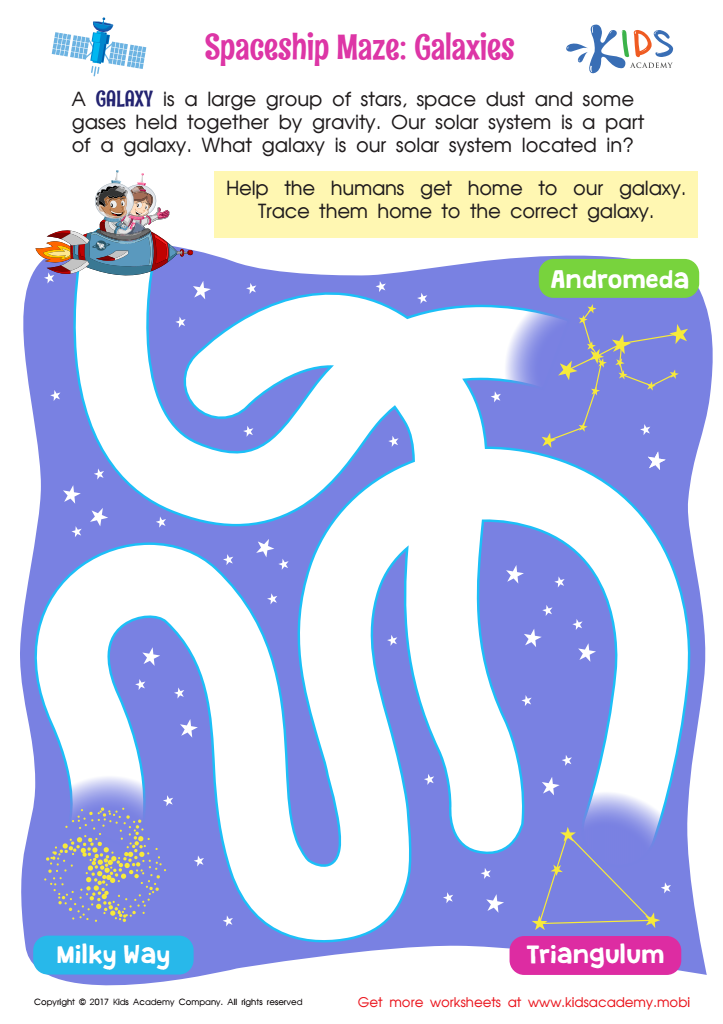

Spaceship Maze: Galaxies Worksheet
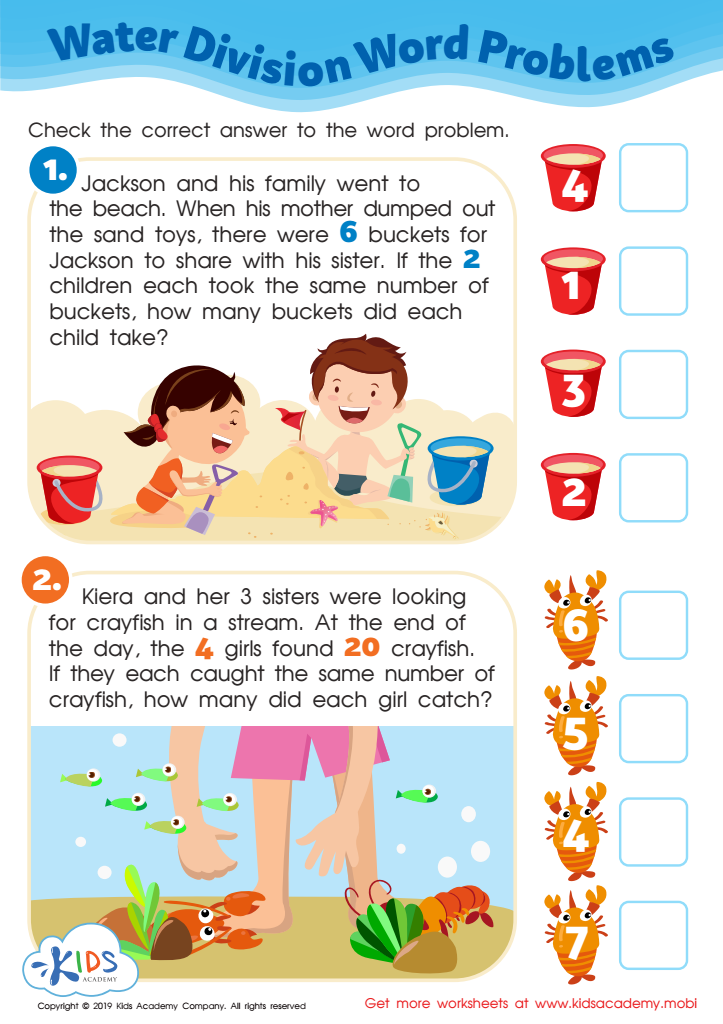

Water Division Word Problems Worksheet
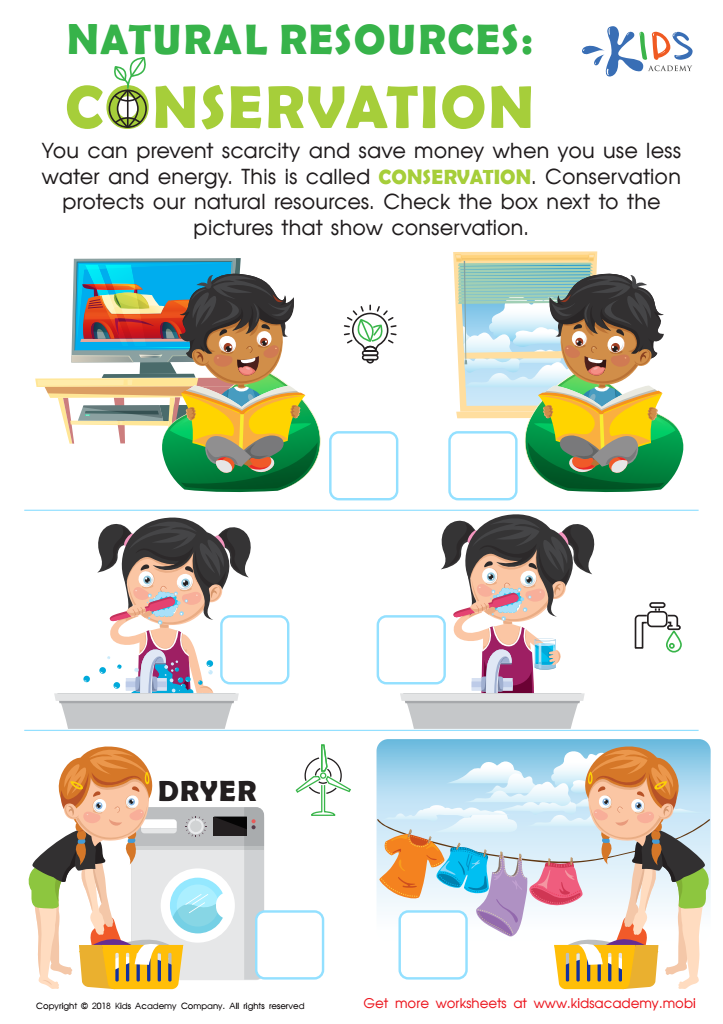

Natural Resources: Conservation Worksheet
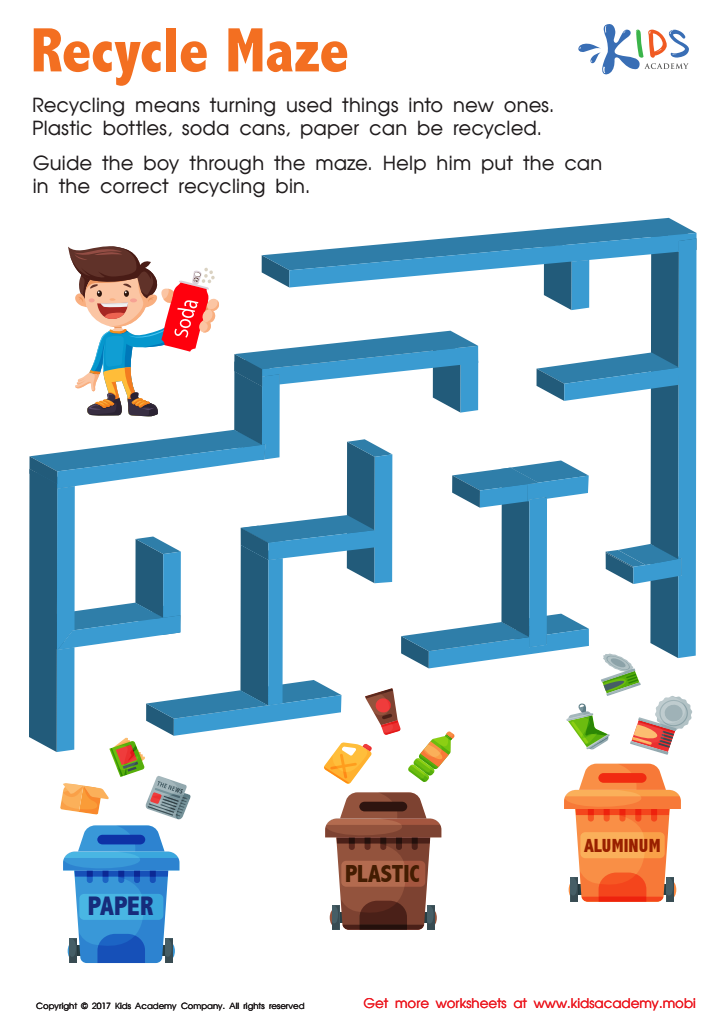

Recycle Maze Worksheet
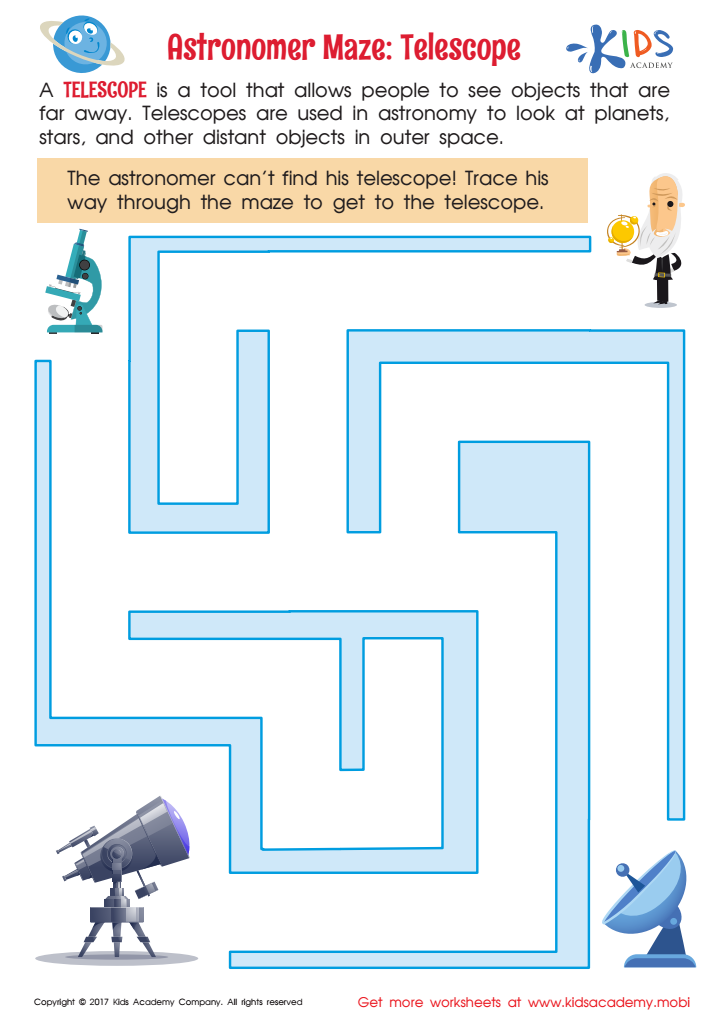

Astronomer Maze: Telescope Worksheet
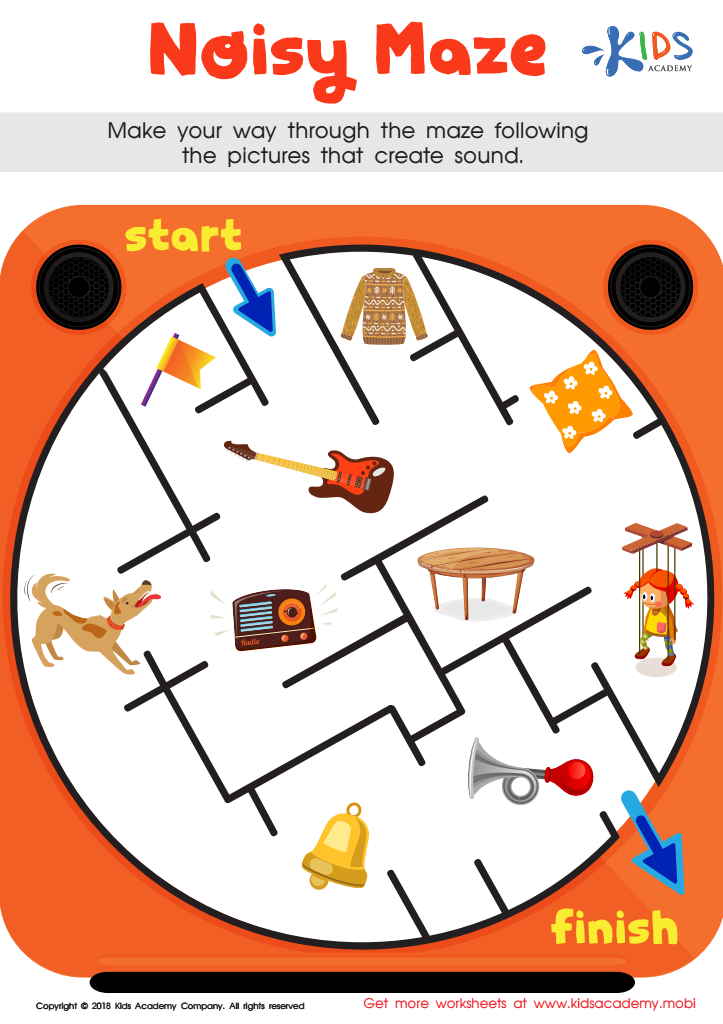

Noisy Maze Worksheet
Developing problem-solving skills in young children between the ages of 3 and 7 is crucial for their overall growth and future learning. During these formative years, children's brains are highly receptive to new information and adaptable to learning through experience. Instilling problem-solving skills at this age fosters critical thinking, creativity, and perseverance.
Parents and teachers play a significant role in encouraging these skills through activities that require observation, experimentation, and questioning. Normal science concepts, such as identifying patterns, cause-and-effect relationships, and basic scientific exploration, provide a framework for consistent cognitive development. These skills form the bedrock of later academic success and practical life situations.
For instance, when children engage in simple science experiments like mixing colors or observing plant growth, they learn to hypothesize, test their ideas, and adapt when outcomes differ from expectations. This process nurtures resilience and adaptive thinking. Additionally, collaborative problem-solving activities help improve social skills, teaching children to communicate effectively, listen to others, and consider diverse perspectives.
In summary, fostering problem-solving skills through normal science activities empowers young children to become confident learners, equipped with the tools to navigate challenges and find innovative solutions throughout their educational journey and beyond. Parents and teachers, thus, significantly contribute to shaping a child's ability to think independently and thrive in an increasingly complex world.

 Assign to My Students
Assign to My Students















